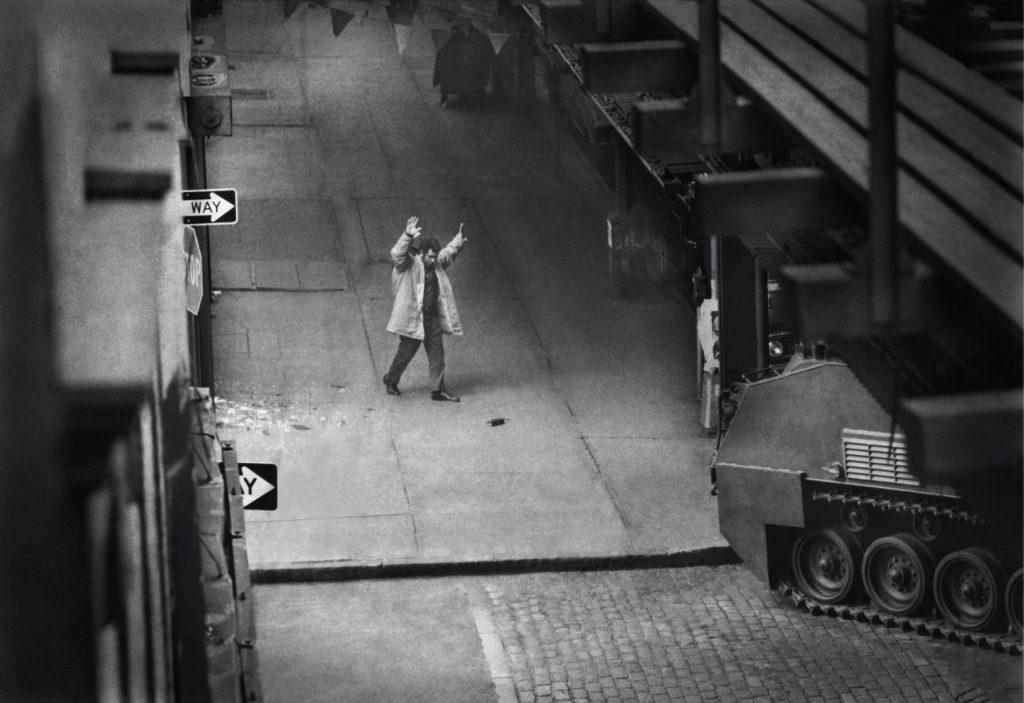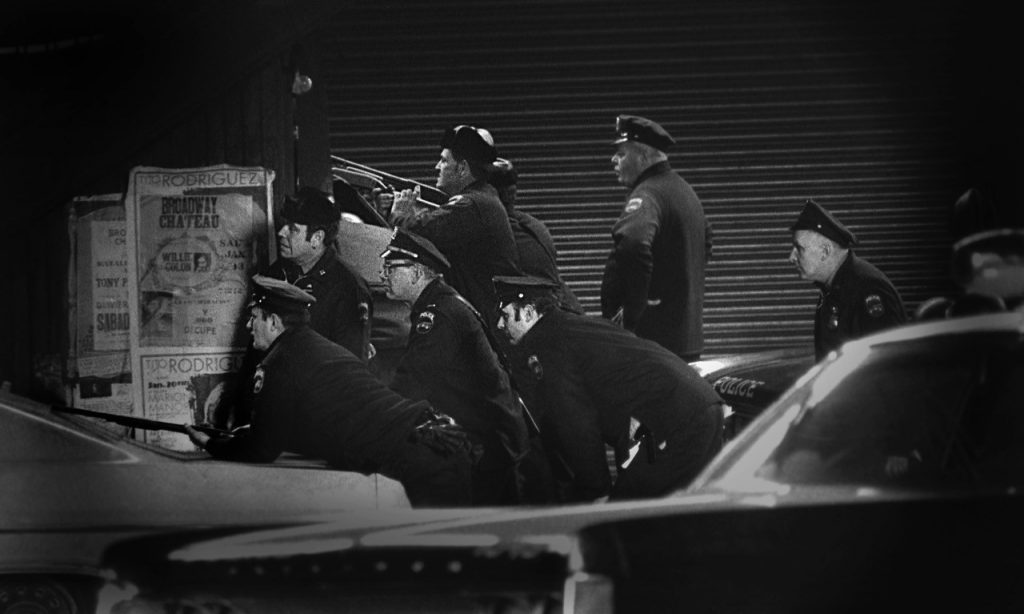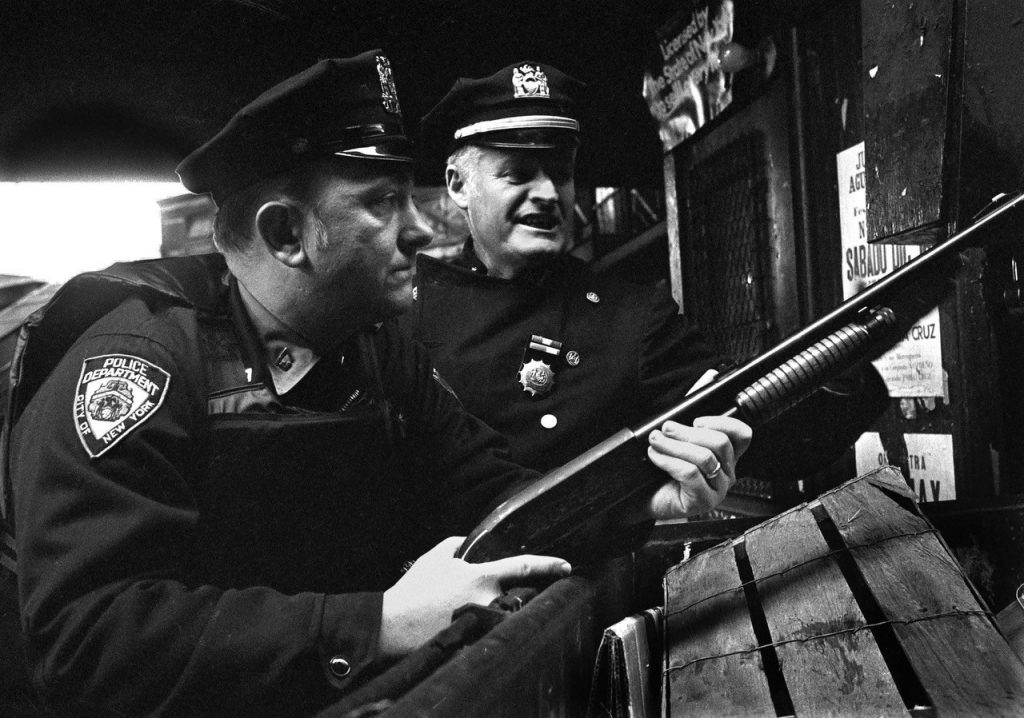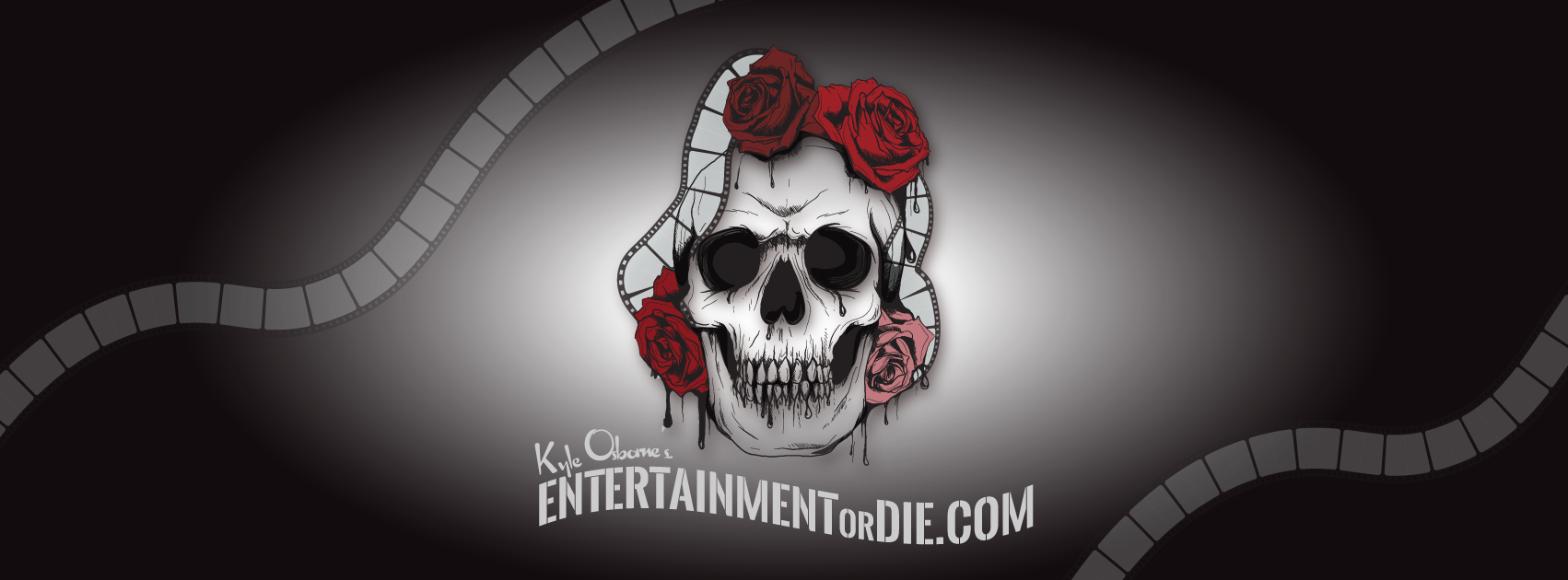You’ve seen the plot in a thousand movies: a botched robbery quickly turns to an unplanned taking of hostages by the bad guys. The cops show up en masse and trigger happy. It looks like lives will be lost.
Until (cue the dramatic music) The Negotiator shows up!
The tense, surprising documentary ‘Hold Your Fire’ reveals that a 1973 stand-off in Brooklyn might have birthed the template of what is now not only a movie trope, but a way of handling hostage negotiations that are just as likely to end in peace.



Emmy-nominated director Stefan Forbes (BOOGIE MAN: THE LEE ATWATER STORY uses abundant archival footage and a surprising amount of interviews with surviving participants (I mean, this was almost 50 years ago) to make the longest hostage siege in NYPD history feel as urgent as this morning’s news.
Shu’aib Raheem and his friends attempted to steal guns from a sporting goods store. They say they needed the weapons for self-defense. Things quickly went sideways and soon they were surrounded by scores of police. A gun battle broke out and a policeman was killed – the film makes the case that the cop could have been killed by friendly fire, but moves on to the broader story.
The filmmakers say that “ NYPD’s 130-year-old policy was to deliver an ultimatum, and then respond with deadly force.” And this, the longest siege in NYPD’s history, looked like it was headed in the same direction.
Enter a most unlikely figure: a bookish, skinny NYPD psychologist who was becoming known for going against the long established norms. Harvey Schlossberg’s method of using psychological tactics and talking- yes, talking to effect better outcomes was new.
The film is edited in such a way that the tension mounts, the path seemingly uncertain, and the kinds of colorful characters that could only come from the streets of Brooklyn: salty cops, the matter-of-fact store owner who was literally in the crossfire, and some of the Muslim men at the heart of the conflict. Afraid of the nation of Islam’s increasingly violent ways, and having been confused as Black Panthers by the police – they fell into their own unique space during the siege. The film doesn’t excuse their crime that set fire to a volatile time and place, but it doesn’t give them the benefit of hindsight and the perspective of being old to reflect on that moment in time.
A half century later, we are still seeing how “shoot now, ask questions later” is applied disproportionately by police to black suspects, this film depicts this as a continuum, not a new phenomenon. But it also has respect for the good cops and it shines a spotlight on the deserving cop who advocated for non-violent solutions.


This sounds great, Kyle ??